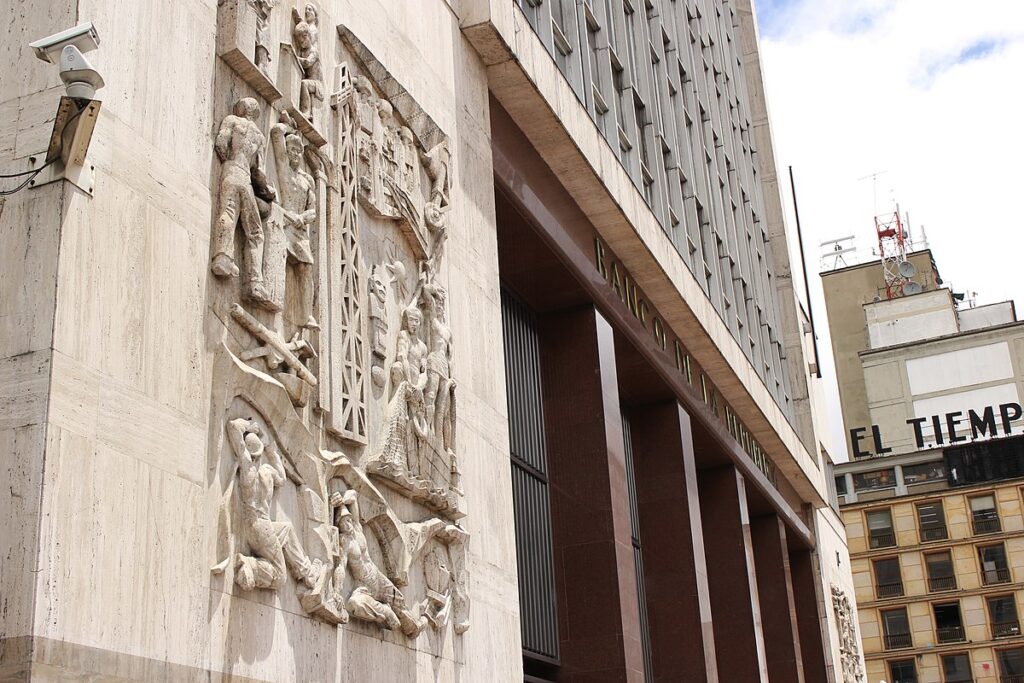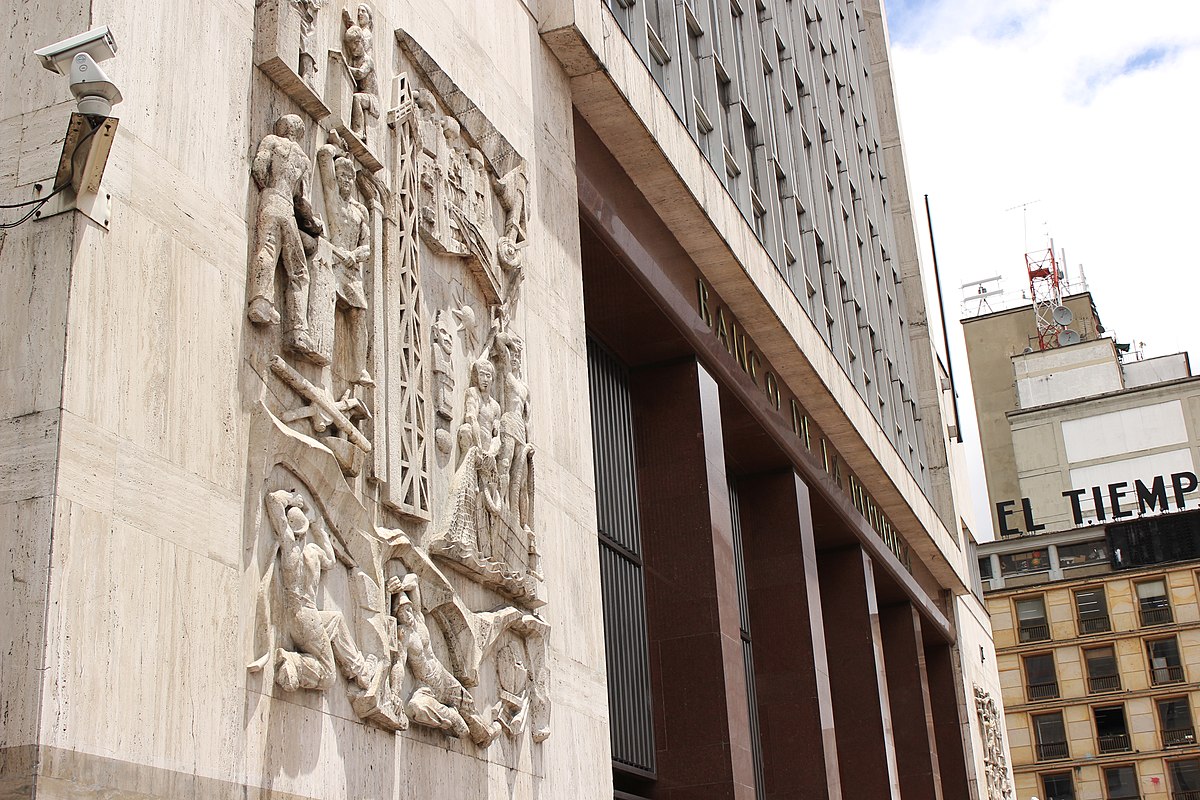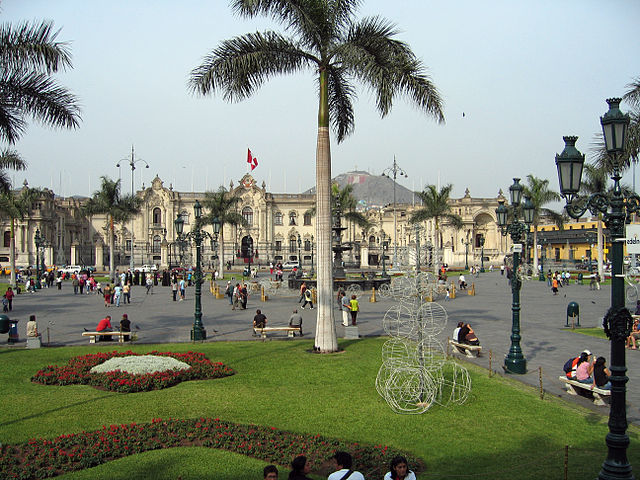The recent decision of the Board of Directors of the Banco de la República (Colombia’s Central Bank) to maintain the monetary policy rate unchanged at 13.25% requires careful analysis from an economic perspective that emphasizes individual freedom, free markets, and limited government intervention. This article will examine the elements considered by the Board in reaching its decision, including inflation trends, economic growth, external balance, currency appreciation, and global economic uncertainty.

Firstly, the Board noted a continued decrease in annual inflation in May, primarily driven by the fall in food prices, although there were increases in the inflation rates for regulated items and services (excluding foods and regulated items). Both headline (12.4%) and core (10.5%) inflation are still significantly distant from the established target of 3.0%. Stable prices are crucial for economic growth and individual prosperity. Excessive inflation erodes the purchasing power of individuals, distorts market signals, and undermines economic efficiency. Therefore, it is essential for the central bank to maintain price stability.
Moreover, the Board considered the inflation expectations of economic analysts, which have been declining. Inflation expectations for the 12- and 24-month forward horizon stand at 6.4% and 4.0%, respectively. The median expectations for yearend 2024 remained at 5.0%. These decreasing expectations indicate a positive trend towards price stability. Accurate and reliable information is important in decision-making processes. In this context, declining inflation expectations signal a positive outlook for the economy and strengthen the case for maintaining the current monetary policy rate.
Regarding economic growth, the Board observed an annual growth of 3.0% in GDP during the first quarter of 2023. However, economic activity continued to decelerate in April, as indicated by the Economic Monitor Indicator (ISE). The slowdown in domestic demand has led to a significant correction of the country’s external imbalance, with the current account deficit narrowing to 4.2% of GDP in the first quarter of 2023, compared to a deficit of 6.2% in 2022.
Sustainable economic growth is crucial for improving living standards and enhancing individual freedom. Free markets and limited government intervention promote entrepreneurship, innovation, and efficiency, which are vital drivers of economic growth. The deceleration of economic activity and the reduction in the current account deficit indicate a need for cautious monetary policy. By maintaining the monetary policy rate unchanged, the central bank allows market forces to operate, facilitating the necessary adjustments and fostering long-term sustainable growth.
Additionally, the Board acknowledged the considerable appreciation of the Colombian peso against the US dollar and the substantial decrease in risk premiums for Colombia. This appreciation occurred amidst high global economic uncertainty and lower international oil prices. Currency appreciation can have both positive and negative effects. On the positive side, it reduces import costs, making goods and services more affordable for consumers. However, it also poses challenges for exporters as their products become relatively more expensive in foreign markets. Market forces should primarily determine exchange rates. Government intervention to manipulate currency values distorts price signals and undermines economic efficiency. The appreciation of the Colombian peso, driven by market forces, reflects positive economic developments and enhances overall economic stability.
Considering the elements discussed, the decision of the Board of Directors aligns with the principles that emphasize individual freedom, free markets, and limited government intervention in economic affairs. The focus on maintaining price stability, the consideration of declining inflation expectations, and the cautious approach to economic growth and external imbalances demonstrate a commitment to limited government intervention and reliance on market mechanisms. A system that promotes free markets and individual freedom leads to the most efficient allocation of resources and promotes economic prosperity. By maintaining the monetary policy rate unchanged, the central bank allows market forces to operate, ensuring that decisions are based on market conditions and fostering a stable economic environment.
In conclusion, the decision of the Board of Directors of the Bank of the Republic to maintain the monetary policy rate unchanged at 13.25% reflects a commitment to individual freedom, free markets, and limited government intervention in economic affairs. The consideration of inflation trends, economic growth, external balance, currency appreciation, and global economic uncertainty highlights the importance of price stability, sustainable growth, and market forces. By maintaining a stable monetary policy, the central bank creates an environment conducive to economic prosperity and individual freedom.










